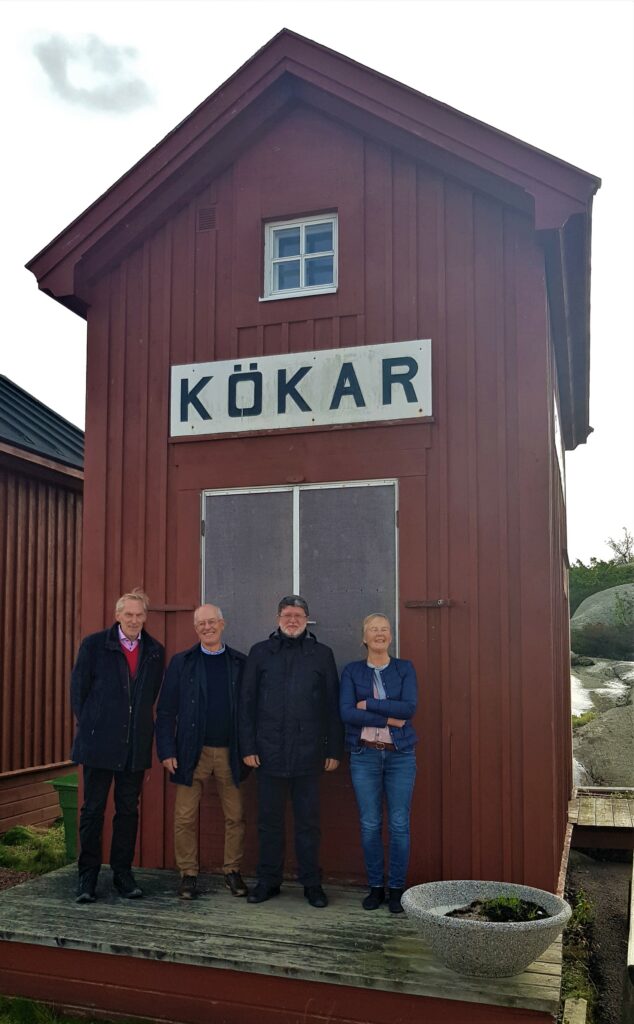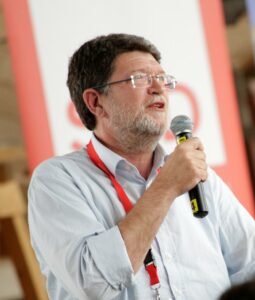14.3.2023
The best and the most important experts on islands are the islanders themselves. It was precisely this principle that trusted me to strongly support the idea of Habitability, EU-parliamentarian Tonino Picula, says. He has actively worked to develop the method.
Over the years, my colleagues and I in the Intergroup for Seas, Rivers, Islands, and Coastal Areas (SEARICA) have held the torch for islands in the European parliament. From continuous calls to the Commission to abandon the harmful “one-size-fits-all” approach to concrete actions such as the Clean Energy for EU Islands Initiative – we are immensely proud of the results and acutely aware of the challenges still facing us.
We owe our success not only to our personal dedication but primarily to a long and successful cooperation with island communities. For me, there is no doubt that the best and most important experts on islands are islanders themselves.
It was precisely this principle that trusted me to strongly support the idea of Habitability – a new tool for island development assessment based on participatory citizen science. Its main principle contrasts everything that is wrong with the “one-size-fits-all” approach devised in remote offices of the inland city of Bruxelles. It is my firm belief that the direct participation of citizens in local development planning is crucial for a credible and sustainable policy. This is especially true for small island communities that share many problems that, however, have distinctive local effects.
Thanks to Mr. Christian Pleijel, the principal author of the concept, and the Åbo Akademi University in Turku, under whose auspices the concept is being developed, I co-financed an online Habitability course during the pandemic 2021. It was the first, and most successful, test of the concept that received positive feedback from islanders, all of which had been implemented during further refining of the concept. It was precisely the continuous inclusion of islanders from all over Europe in its development that makes Habitability a potent new tool.

In addition, one of the key issues that I have been raising in the EU relates to the lack of comparable relevant data for European islands. The existing EU approach is so heavily biased towards land communities that many important island-relevant data are left uncounted. Habitability has the potential of offsetting these deficiencies and introducing important new indicators to measure development and tailor new policies. The idea of measuring the distance with time makes relatively little sense on land where continuous access to important infrastructure is pretty much guaranteed. On islands, however, even a short distance from the mainland is conditioned by the ferry schedule and weather conditions at sea. Consequently, for island communities, time is a more relevant way of measuring distance – a fact that current measurements consistently and completely ignore. Habitability understands this and offers a meaningful tool adapted to small island communities.
On the EU level, we can see a move in the right direction as islands are no longer a side but a mainstream policy. Unfortunately, the EU still lacks comprehensive policy solutions that would address the challenges of islands and help them make use of their potential. Changing this should not be seen as a policy choice but an obligation under the Article 174 of the Treaty on the Functioning of the European Union.
Therefore, Habitability not only has the potential of transforming how island communities approach their local development but also how the EU creates a more inclusive policy and funding opportunities. In my mind, there is no doubt that Habitability is indeed the right way forward.

Tonino Picula is a Croatian EU-parliamentarian. He was the foreign minister in Croatia 2000–2003. Among other things Picula is chair of the intergroup Searica, that works with matters regarding seas, rivers, islands and coastal areas. Picula was born on the island of Lošinj in the Croatian archipelago.
The article was published in the Tidskriften Skärgård-magazine 1/2023.
Read more articles (in Swedish) from Tidskriften Skärgård.
